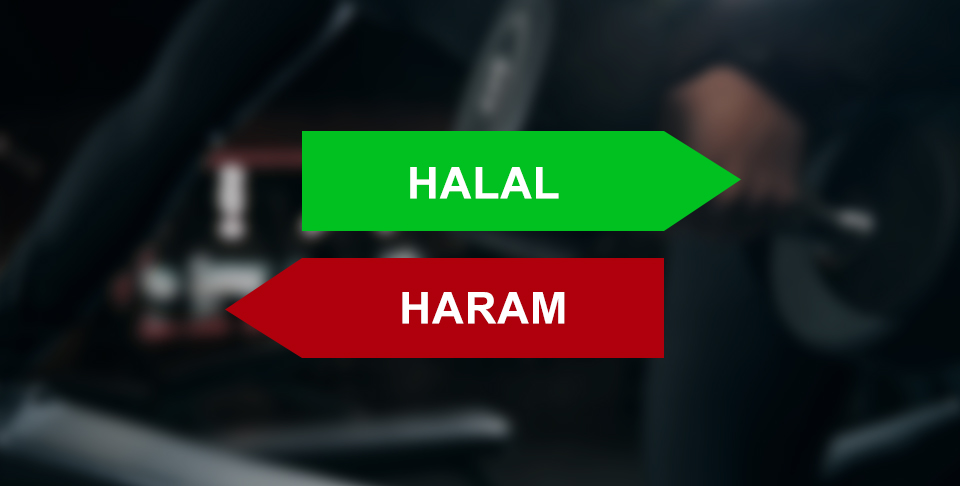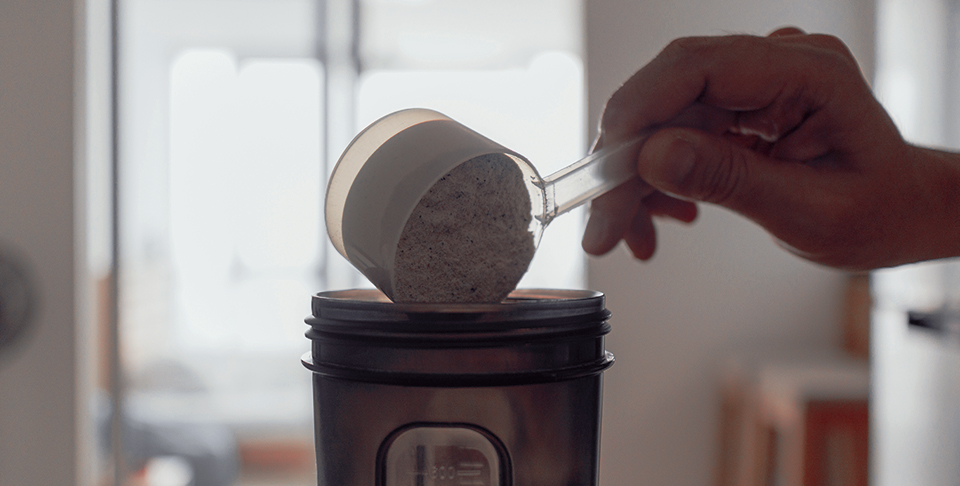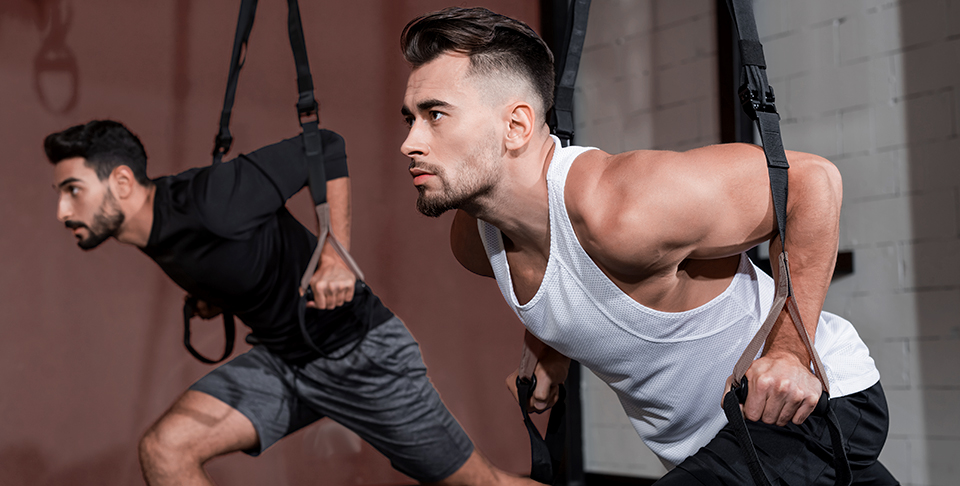Free Shipping - 48hrs Only | Use Code: FREESHIP
Ends 26/04 11:59PM AEST Min spend $79
Quick Summary Points
- Halal foods or “lawful” foods are anything edible that conforms to a certain set of rules (see rules that apply in article below).
- Majority of supplements are not Halal certified due to a variety of factors like cost due to its complexity, but you will be able to find some supplements that are Halal certified.
- Supplements that are Halal certified include Horley’s entire range, some of Musashi’s products, Reflex or USN.
- Read on for more details on how to identify if a supplement is Halal and what to look out for when looking for Halal supplements.
The global Halal food industry is worth an estimated US$500 billion dollars and is expected to double over the next 5 years. However, the range of supplements that are Halal certified is woefully limited.
This is true for Australia, but also around the world. In fact, finding high quality nutrition and sporting supplements is incredibly challenging considering that many capsules are made with pork derived gelatine and certain ingredients in protein powders and other supplements may also not be allowed.
What Makes a Supplement Halal?
Halal foods or “lawful” foods is anything edible that conforms to a certain set of rules. This is opposite to haram “unlawful” foods. For a product to be considered Halal, it must meet a range of conditions such as:
- The food or drink is free and void of any substances taken or extracted from a haram animal or ingredient (e.g. pigs, dogs, carnivorous animals, animals not slaughtered in compliance with Islamic rites)
- The food or drink is made and processed in facilities and using utensils, machinery and other equipment which has been cleaned according to Islamic law (e.g. not cleaned with alcohol)
- The food and drink does not come into contact or is close to a haram substance during the entire manufacturing process (e.g. blood, alcohol, poisonous and intoxicating plants and certain insects).
If supplements and all the constituent ingredients can meet the above conditions, then the supplement is considered Halal.
Unfortunately the majority of supplements are not Halal certified, due to a variety of factors such as costs, but also because of the complexity and sheer amount of ingredients involved in some of the supplements.
Looking for Halal Supplements
Searching for Halal supplements is a difficult process. As most companies don’t have certification, you’re relying on correct ingredients listings to help you decide whether or not the product contains any haram substances.
Even then, it’d be hard to substantiate the manufacturing side of things and also the origin of certain ingredients such as flavouring agents, preservatives and colours. Here are some tips for searching for Halal supplements:

1. Halal Protein Powders
Dairy milk is generally Halal. However because dairy proteins such as whey and casein are derived from the process of cheese manufacturing, this tends to cloud the Halal nature of protein.
This is because the cheese making requires enzymes such as rennet to help with coagulation. Depending on the enzymes used to make cheese, the protein powders may or may not have come into contact with haram substances. When trying to pick Halal, your best bet to be safe is to use vegan supplements. Plant-based protein by nature follow all rules to be Halal.
However - there are brands that make whey based protein that have halal certfication. International Protein WPI is 100% halal certified, as is Horleys protein range.
2. Halal Fat Burners
As most fat burners are made from either synthetic or plant derived substances, they’re mostly Halal.
However, there is an issue of whether or not those ingredients have been extracted using alcohol. There is also the similar concern of whether or not the flavours and colours used are suitable. When picking Halal
- If the supplement is in powder form, make sure to check whether or not the flavours and colours are suitable.
- If the supplement is in capsule form, find out if the capsules are made from animal gelatine or veggie caps.
3. Halal Pre Workouts
Similar to fat burners, many of the ingredients in pre workouts are synthetic in nature or plant derived. The same issue arises regarding the use of flavour, colours and preservatives as well as the origin and collection process of the ingredients. When picking Halal
- If the supplement is in powder form, make sure to check whether or not the flavours and colours are suitable.
- If the supplement is in capsule form, find out if the capsules are made from animal gelatine or veggie caps.
4. Halal Creatine
Creatine is considered one of the best supplements around thanks to its high efficiency as a performance enhancer. The majority of creatine supplements is made from the synthetic ingredients sarcosine and cyanamide. The two ingredients are combined in a reactor along with catalysts before being heated and pressurized.
The creatine crystals are then centrifuged and then vacuum dried before being milled. As there are no animal products or alcohol involved, creatine is generally thought of as Halal. The only issue is if the creatine was flavoured or if it were part of a larger mix of ingredients.
5. Halal Test Boosters
Like fat burners and pre workouts, test boosters are made from mostly amino acids, plant based materials and other synthetic ingredients. Again, this would essentially make it Halal, however you would have to follow similar rules when picking Halal test boosters.
- If the supplement is in powder form, make sure to check whether or not the flavours and colours are suitable.
- If the supplement is in capsule form, find out if the capsules are made from animal gelatine or veggie caps.
6. Halal Amino Acids
Amino acid supplements are often either made from animal or plant sources. More and more companies these days are turning to plant based sources as their starting material for amino acids due to their cost effective nature.
They then go through a microbial fermentation process. Generally speaking, as you are not likely to be intoxicated by the amino acids produced, many amino acid supplements such as BCAAs (Branched Chain Amino Acids), EAAs (Essential Amino Acids) and single amino acid supplements are considered Halal.
Again, if the amino acids are animal in origin, or if they’re included with other ingredients, flavours or colours, this might not be the case. When looking for Halal
- Look for AjiPure amino acids, which are considered some of the finest in the world and do not contain any animal products.
- If the supplement is in powder form, make sure to check whether or not the flavours and colours are suitable.
- If the supplement is in capsule form, find out if the capsules are made from animal gelatine or veggie caps.

Halal Supplements for Bodybuilding
If you’re after supplements to help you as a bodybuild or train, it can be hard considering the lack of certification from the majority of big companies.
Your best bets are to find brands that sell more natural supplements as well as vegan friendly supplements. You can still build lean muscle and lose fat if you’re following a Halal diet,
it just requires a little bit of label reading and research. If in doubt, ask your resident supplement specialist, who’ll be able to help you out further.

